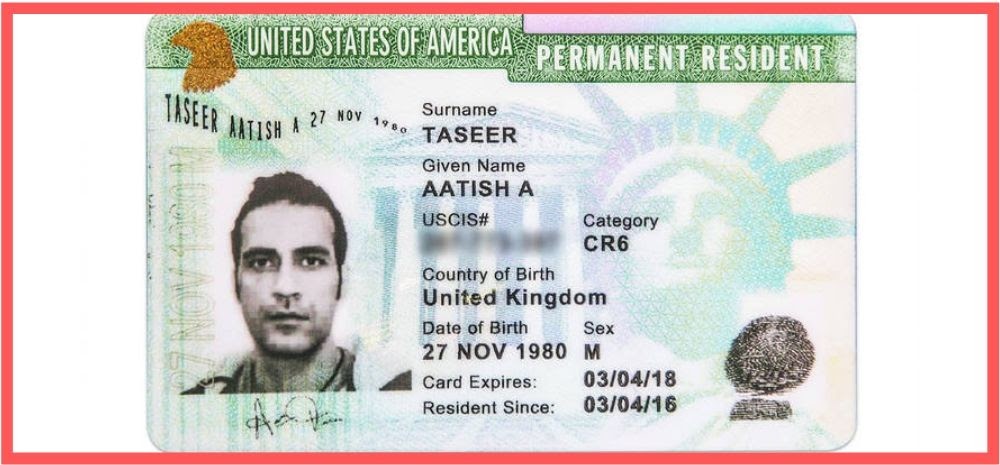Indian-American Republican presidential candidate Vivek Ramaswamy has strongly criticized the H-1B visa program, labeling it as “indentured servitude.”

He has pledged to dismantle the lottery-based system and replace it with a meritocratic admission process if he wins the 2024 presidential race.
US Presidential Candidate Vivek Ramaswamy To Cancel H-1B Visa Program
The H-1B visa, highly coveted by Indian IT professionals, is a non-immigrant visa allowing US companies to employ foreign workers in specialized roles that require theoretical or technical expertise.
Technology companies heavily rely on this program to hire tens of thousands of employees annually, particularly from countries like India and China.
Ramaswamy, who himself has utilized the H-1B visa program 29 times, argues that the current system is fundamentally flawed and disadvantageous for all parties involved.
He advocates for a shift from the lottery-based selection to a merit-based approach, emphasizing that the existing system primarily benefits the sponsoring companies rather than prioritizing merit. He further highlights the need to eliminate chain-based migration.
Although he has a history of utilizing the H-1B program for his former company, Roivant Sciences, Ramaswamy is firm in his belief that the system needs a major overhaul.
He resigned as CEO of Roivant in February 2021 but remained the chair of the company’s board of directors until announcing his presidential campaign in February this year.
Ramaswamy’s Stand on H-1B Visa Similar To Trump’s
Ramaswamy’s stance on H-1B visas is reminiscent of the 2016 Trump campaign’s approach.
He, like Trump, who also employed foreign workers under H-1B visas for his businesses, takes a hardline stance on these visas. Ramaswamy’s immigration policy agenda includes using military force to secure the border and deporting US-born children of undocumented immigrants.
The demand for H-1B visas continues to rise, with US businesses submitting a significant number of applications each year for a limited number of available slots.
In response to this demand, Indian-American Congressman Raja Krishnamoorthi proposed a bill to double the annual intake of highly skilled foreign workers on H-1B work visas.
The bill also aims to double the total number of H-1B visas to 130,000 annually, allowing American employers, especially in critical technology sectors, to access top talent from around the world. Currently, the majority of H-1B visas are granted to Indian professionals.












